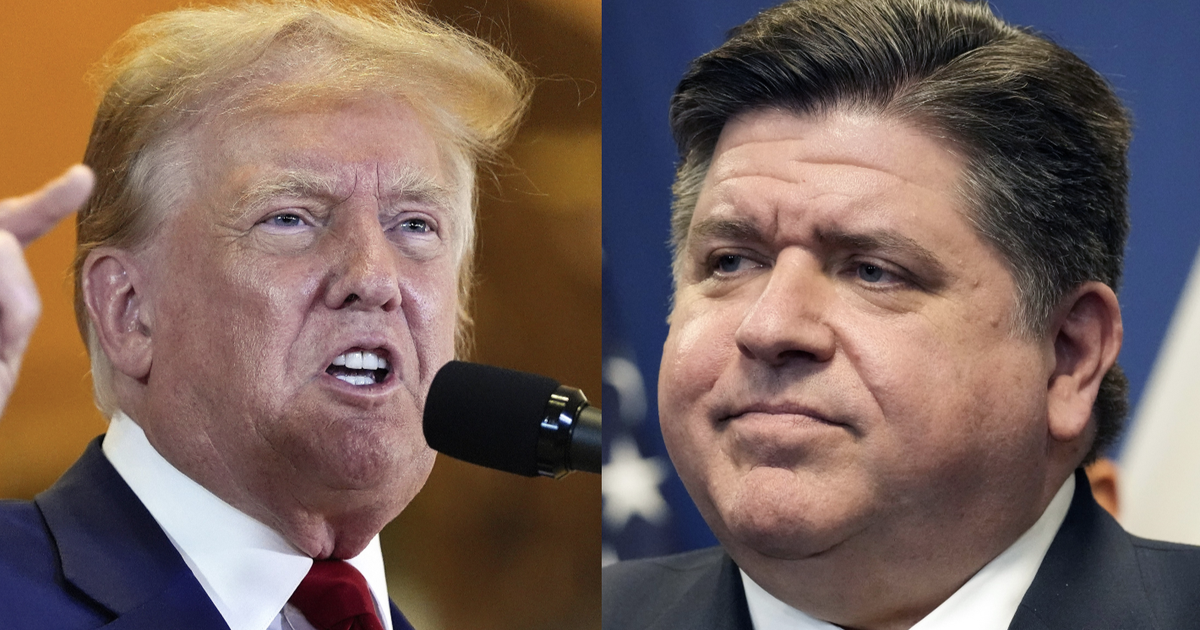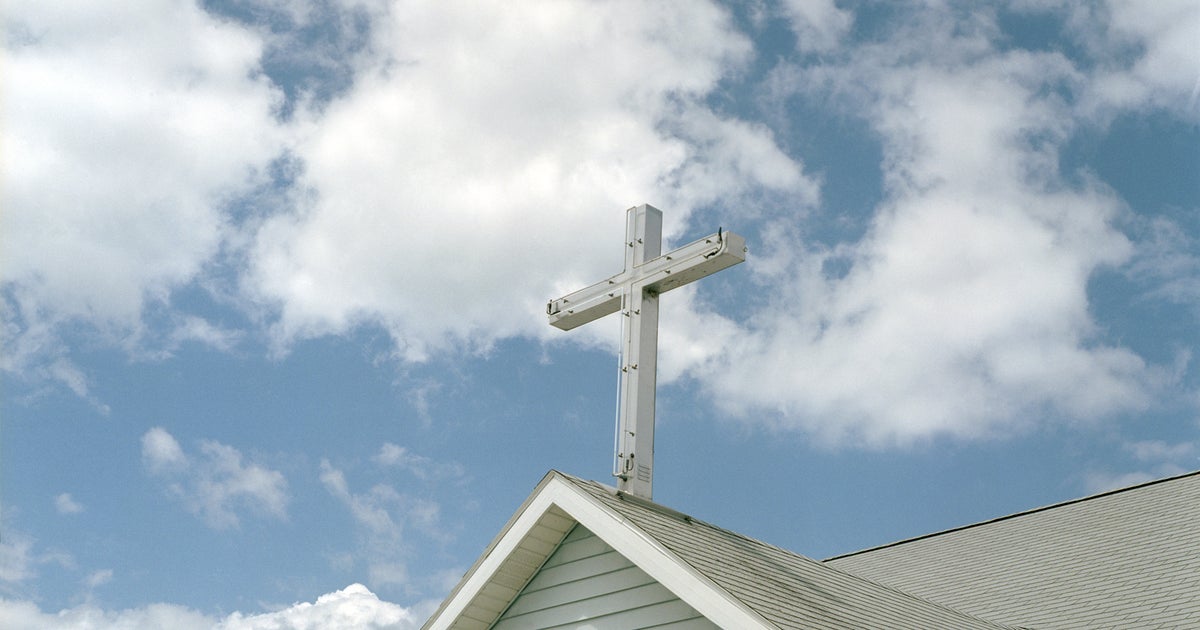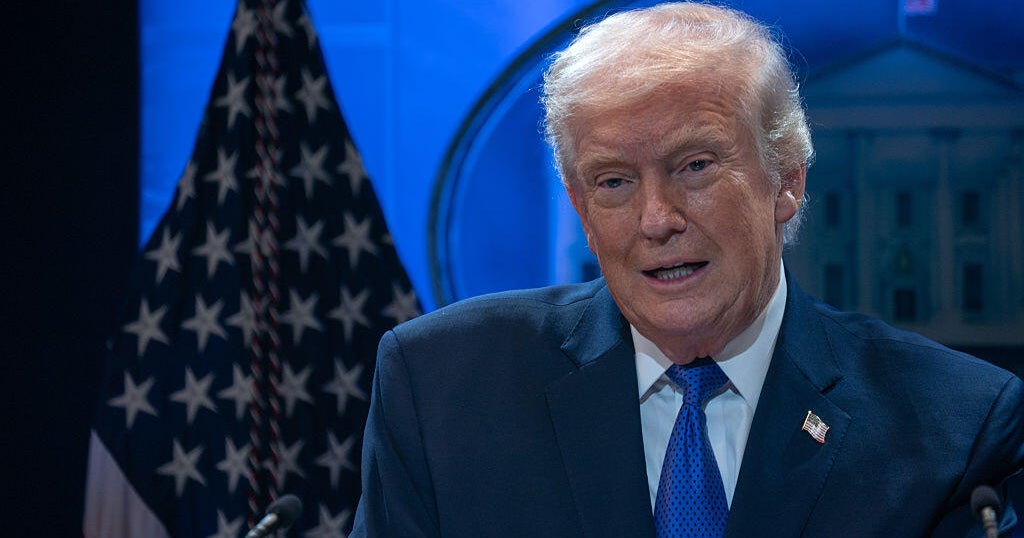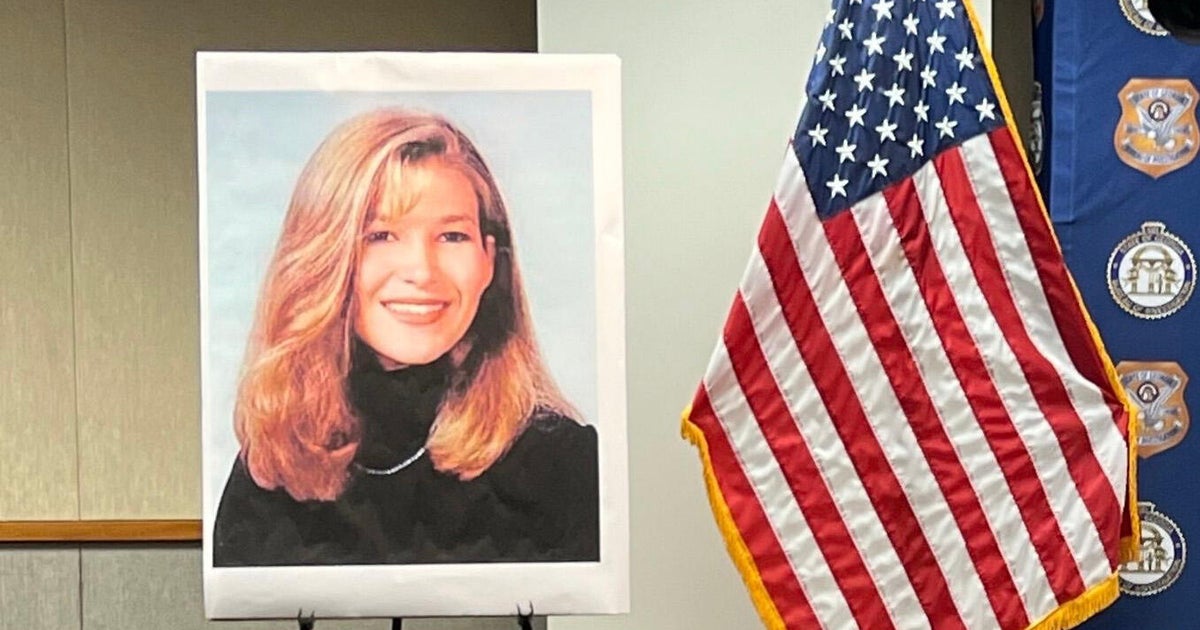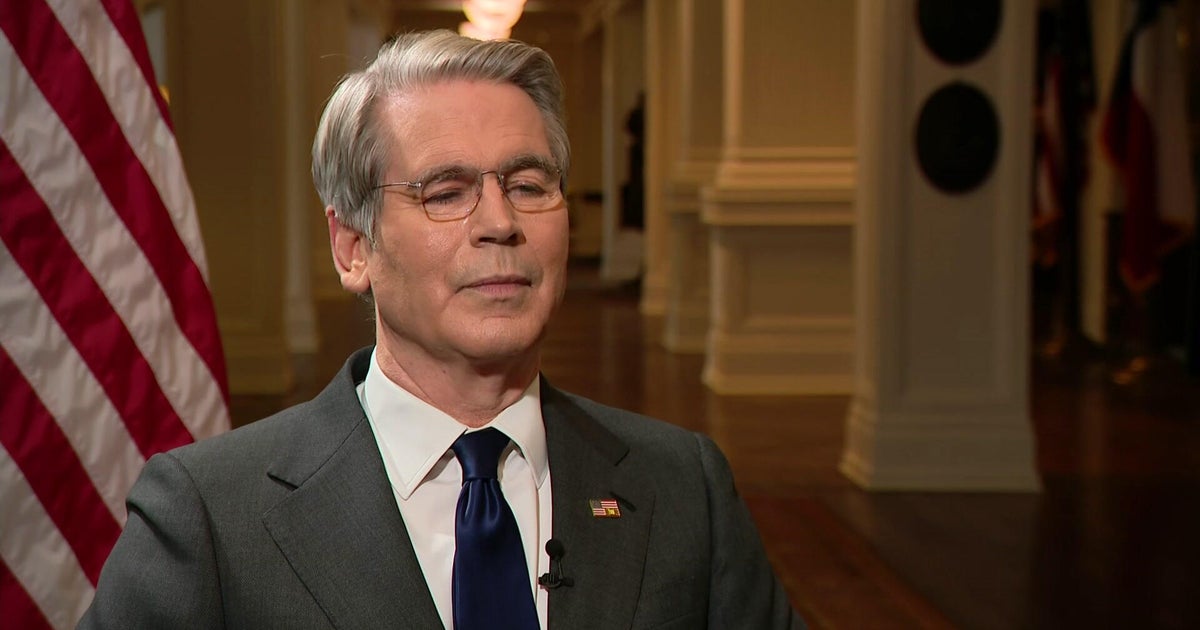N. Texans Split On Supreme Court Decision On Baker Who Wouldn't Make Cake For Same-Sex Wedding
NORTH TEXAS (CBSDFW.COM) - North Texans CBS11 talked to are split on Monday's Supreme Court ruling in favor of a Colorado baker who refused to make a cake for a same-sex couple's wedding.
The 7-2 ruling written by Justice Anthony Kennedy found the Colorado Civil Rights Commission and the courts there violated Jack Phillips' Constitutional right to a neutral consideration and expressed hostility against his religious beliefs.
Phillips said because of his deep-held beliefs, he wouldn't make a cake for Charlie Craig and Dave Mullins, and that making the cake is a form of expression and free speech.
This initially happened in 2012 when Colorado did not recognize same-sex marriage, but did have a state law making it illegal to discriminate based on sexual orientation.
Chelsey Youman, Counsel and Chief of Staff for the First Liberty Institute of Plano said they are pleased with the ruling. "I think this is a resounding victory for religious adherence and our country as a whole. It is a victory for diversity, for tolerance, and really for our First Amendment rights."
Steve Atkinson, a board member with the group Equality Texas wasn't pleased. "Not happy with the decision."
But he said he's relieved the ruling wasn't far-sweeping.
Justice Kennedy said other similar cases must await further elaboration in the courts. "It is really important to us and important to point out the ruling is by no means a far-sweeping new ruling that gives a license of any kind to discriminate against LGBTQ people," Atkinson said.
Youman though said she believes the Colorado case has broad implications for government entitities and state courts that decide these kinds of cases. "I would say this is the most pro-speech court we've ever had in our country's history and that they continue to adhere to the Constitution and the strong protections that are there and say that it is illegal to discriminate and for the government to disparage someone for their religious views. There's room for everyone in our country, a diverse set of interests and belief systems can co-exist and can do so peacefully."
Atkinson said this case reinforces the need for broader laws protecting the LGBTQ community. "Texas does not have such a law and of course, there's not a federal law that extends us those non-discriminatory protections, so we're already fighting that battle and working towards that, and that does not change at all."
During the 2017 legislative session, there were a number of religious-freedom bills proposed in the Texas House, but none passed.
Those on both sides of the debate expect similar bills will be filed when the 2019 legislative session begins in January, when there will be a new Speaker presiding over the House.
